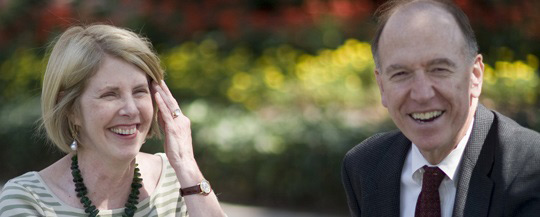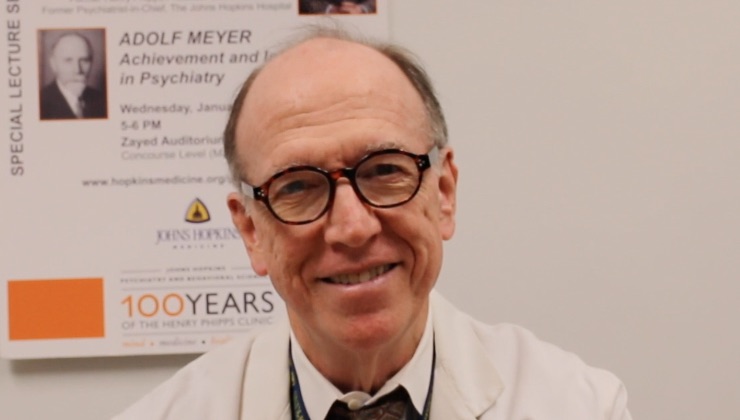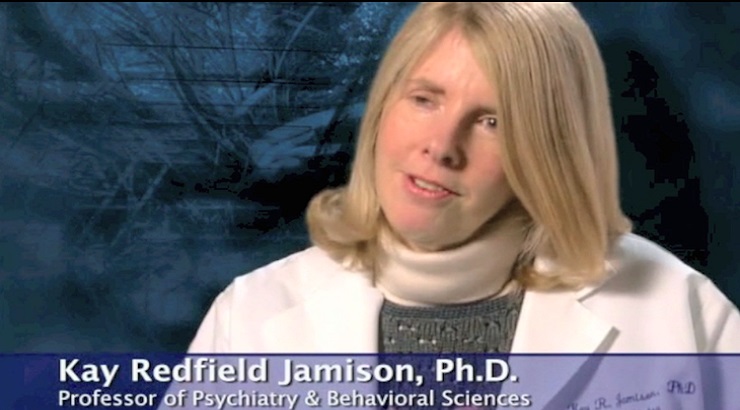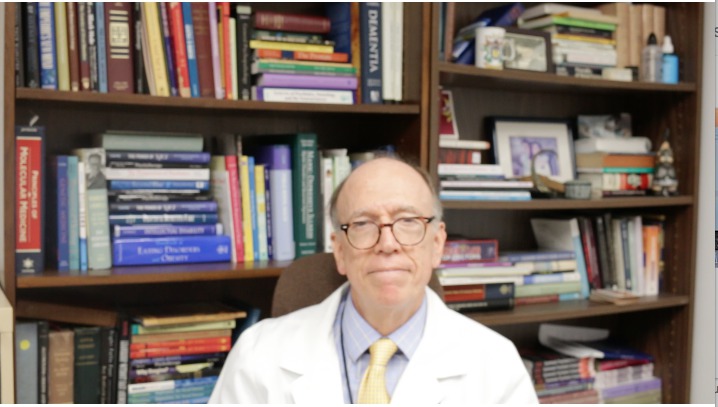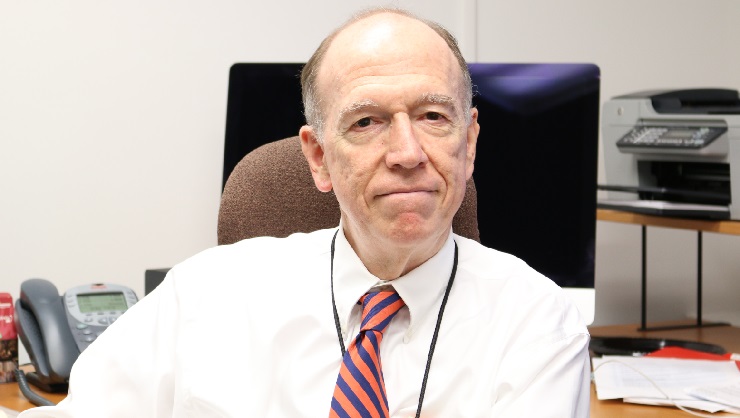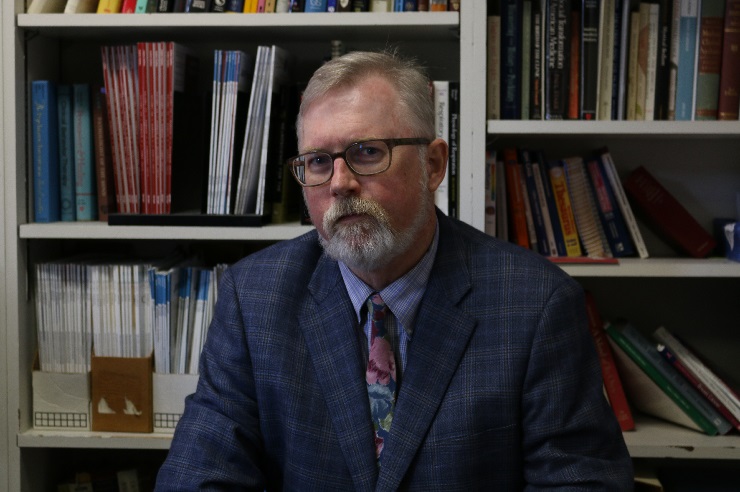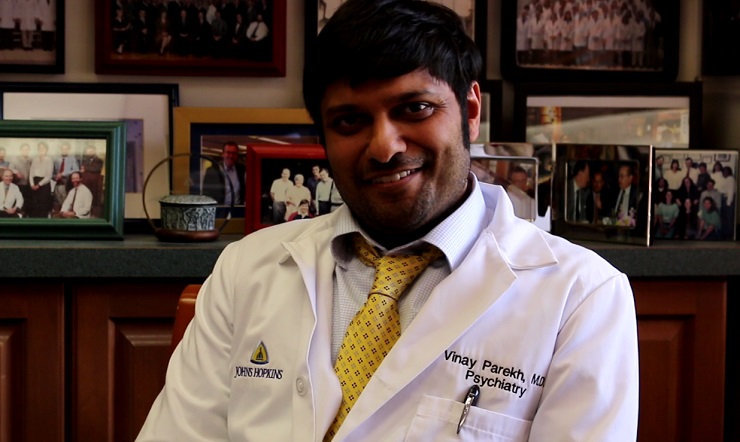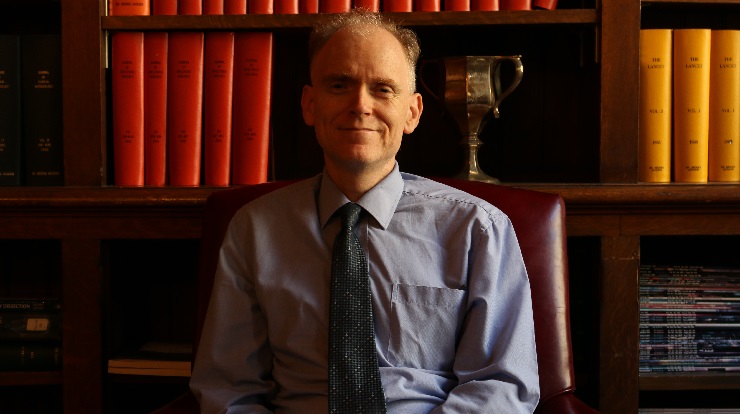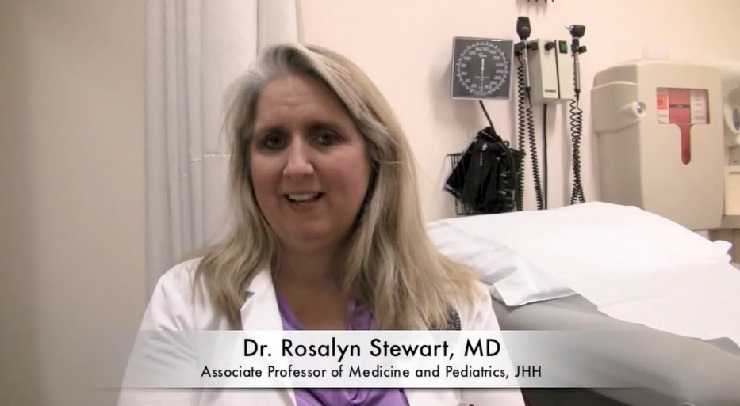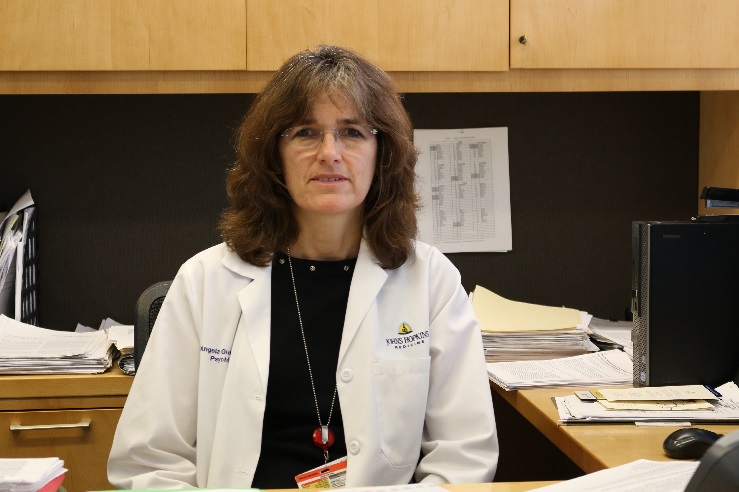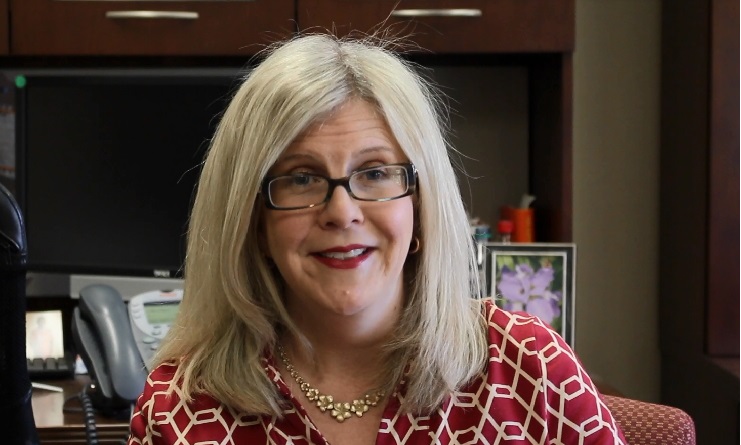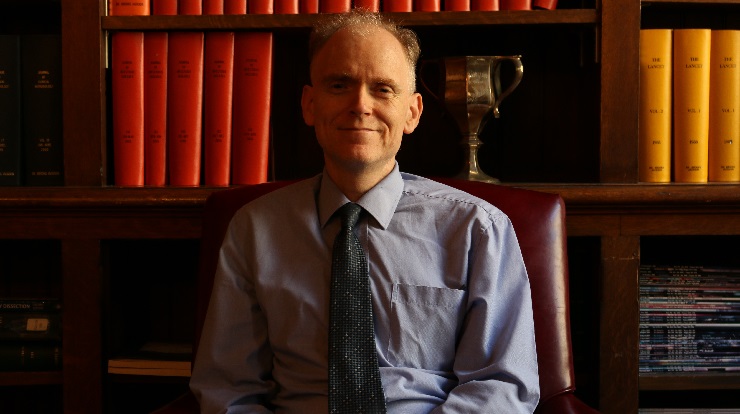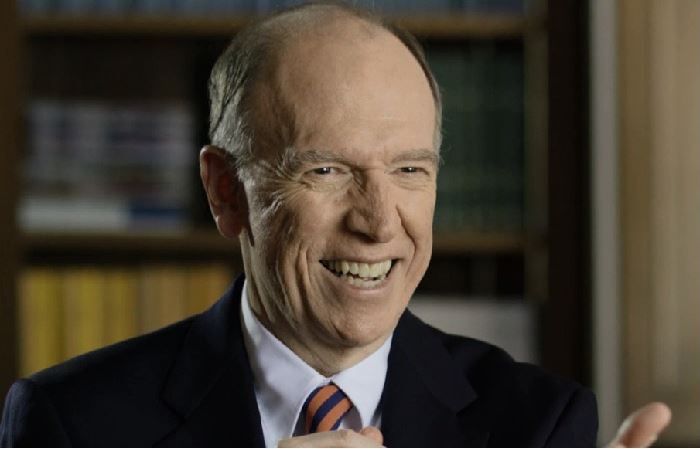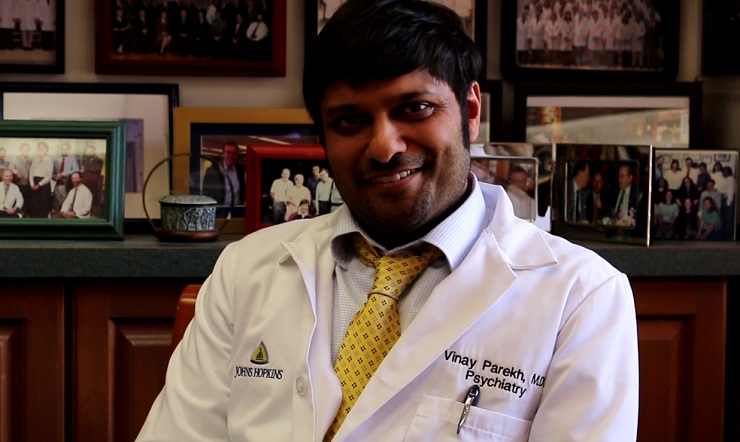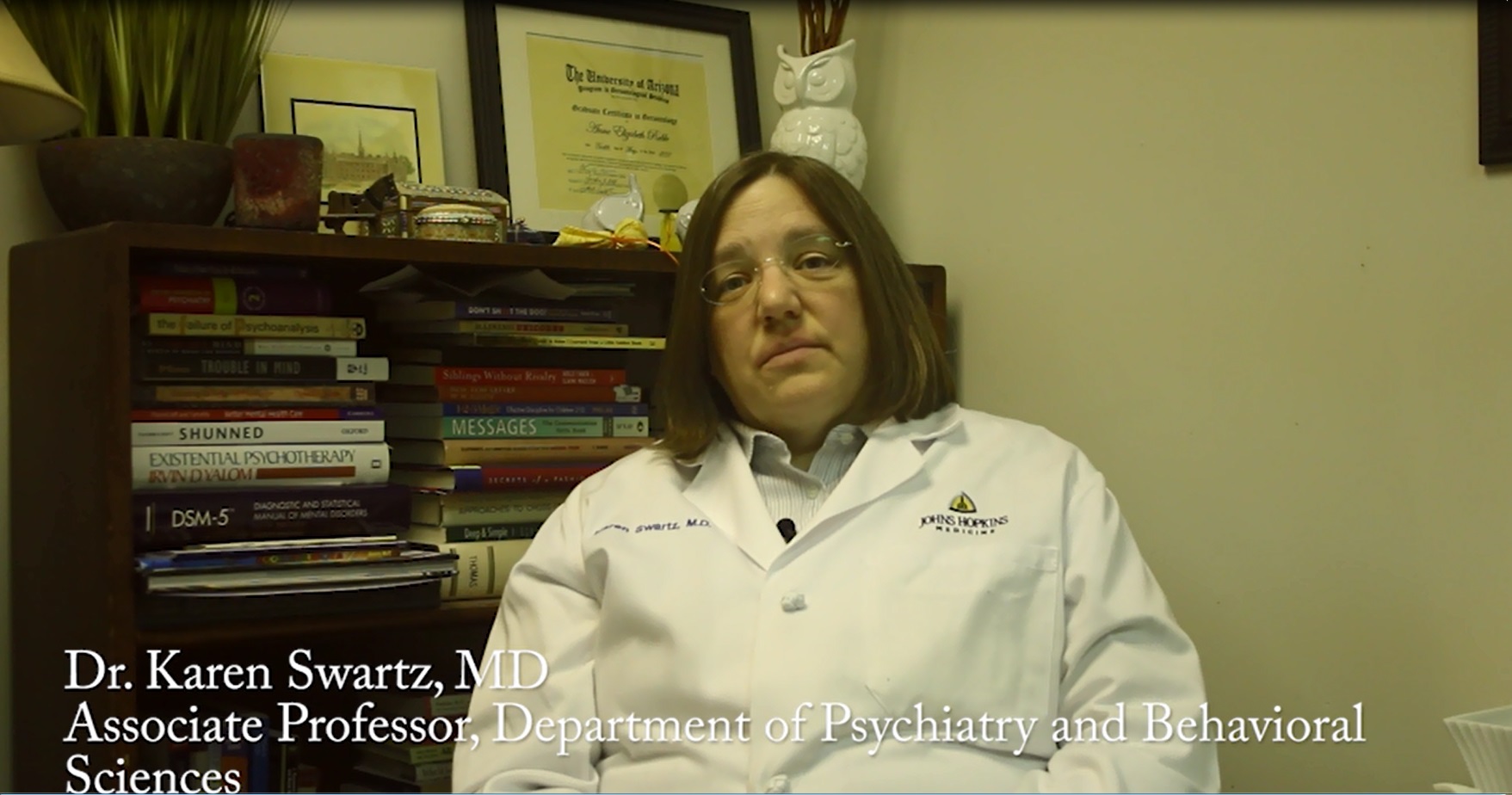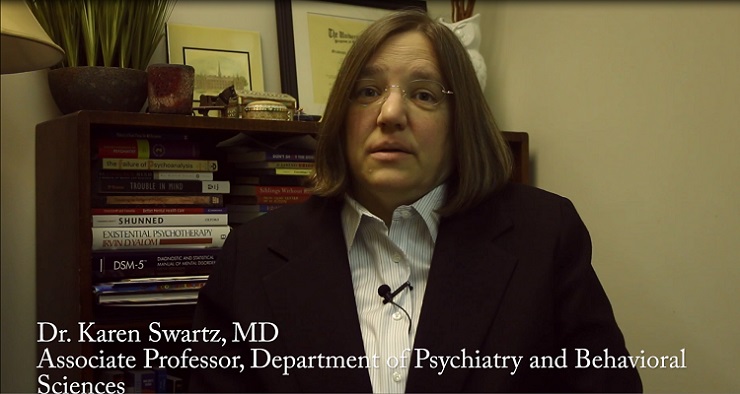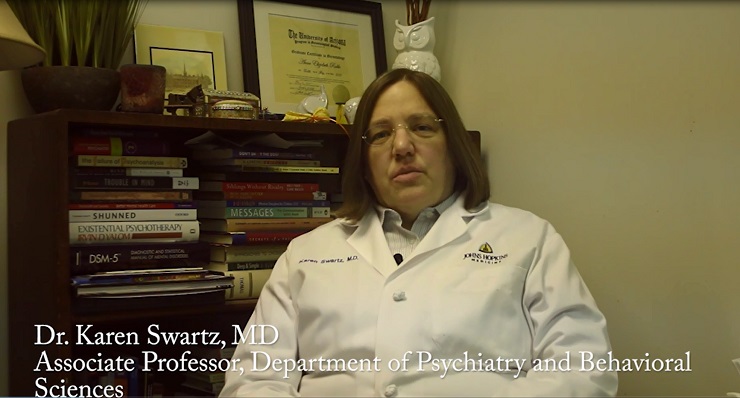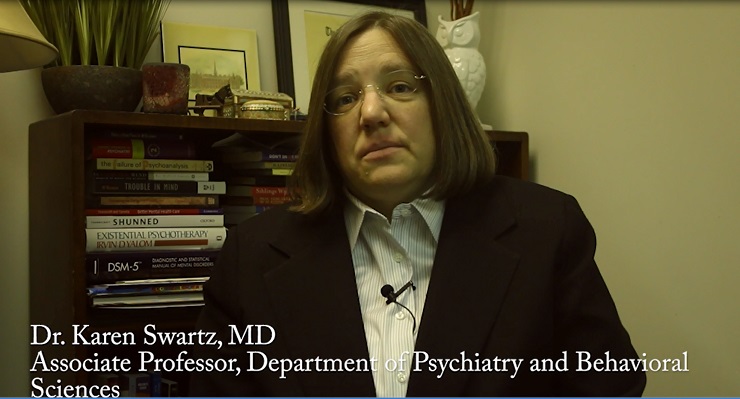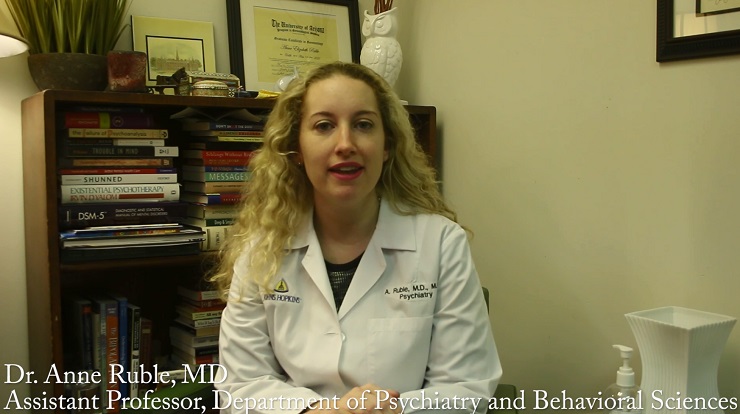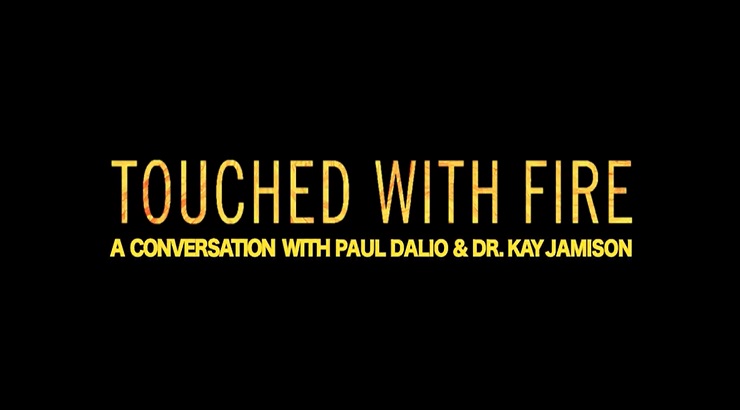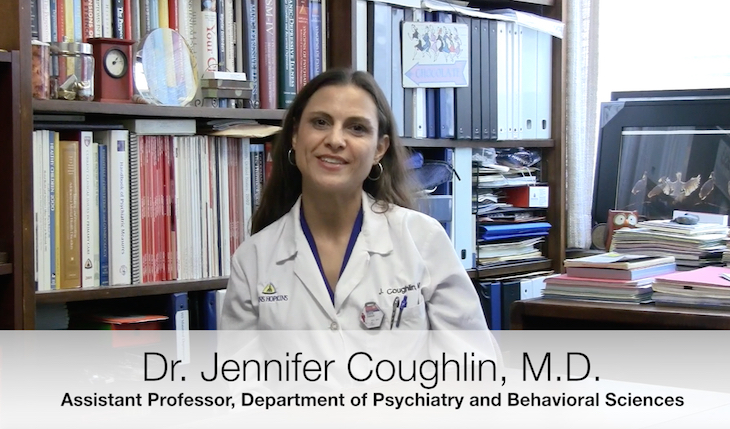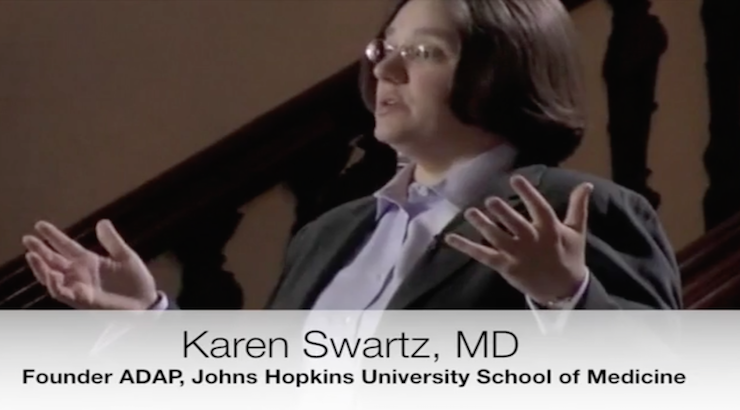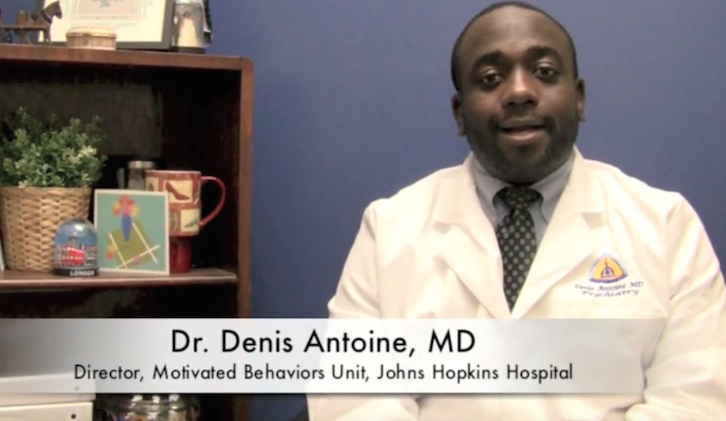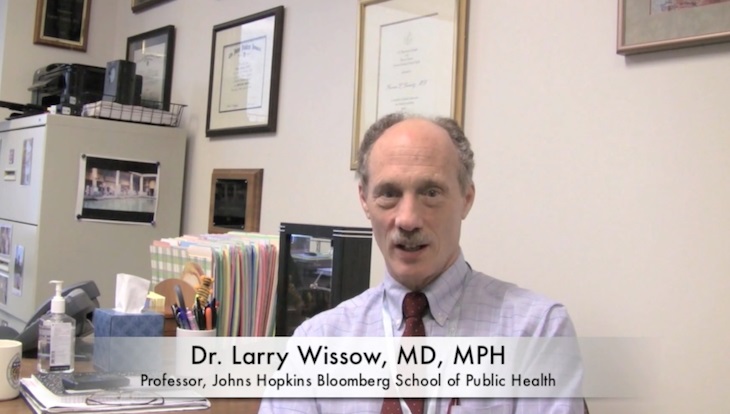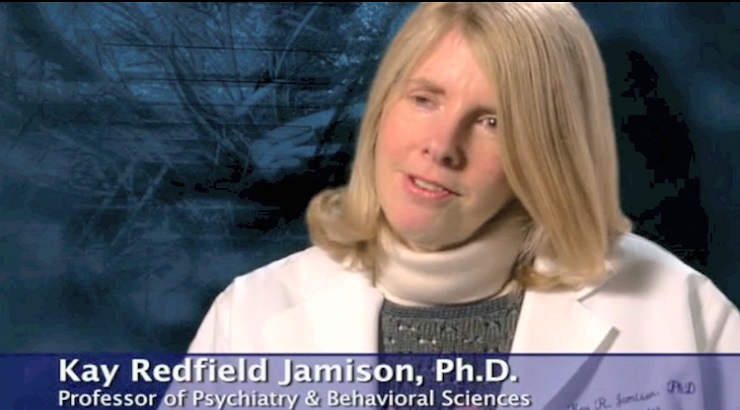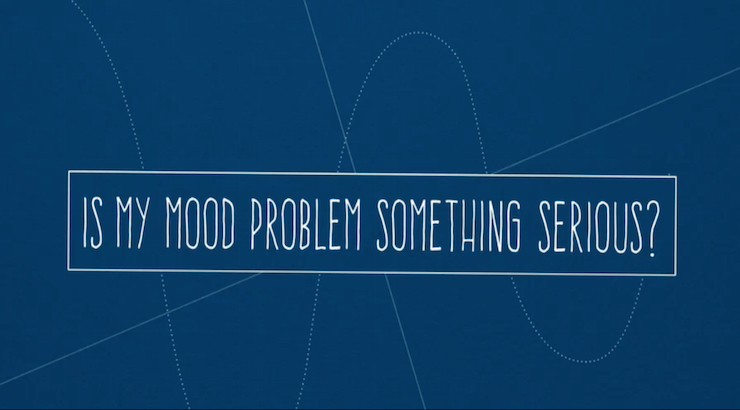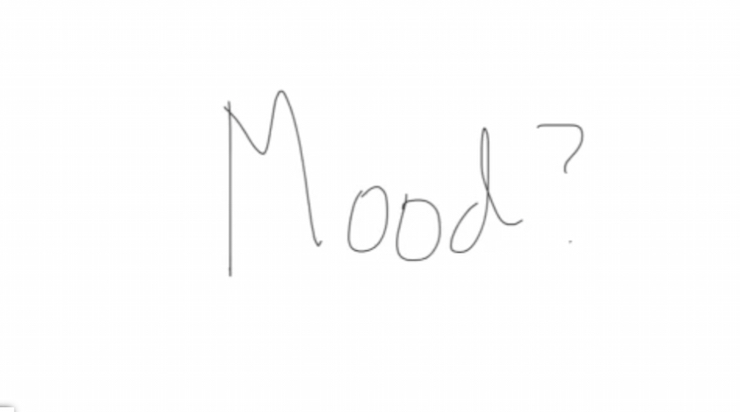Our most recent video
"To view the full 'Mental Illness and The Arts: Midori and Dr. Kay Jamison' video, please visit YouTube at: Click here"
More answers to your questions
"Is it important to distinguish the symptoms of obsessive compulsive disorder and psychosis for treatment?"
"What can families do to encourage people to get into treatment? How do you convince someone to not give up on treatment? Especially when they feel like the treatment is not helping their symptoms."
"What is normal aging? Are problems with concentration and memory normal or is it a sign of dementia?"
"Is ECT still considered a treatment for depression and are there reasons you would have it instead of taking medication?"
"What is the risk of mental illness for babies exposed to smoking and alcohol during pregnancy? What are the current recommendations related to antidepressant treatment during pregnancy? "
"How long does it take to get back to your normal self if you have been clinically depressed for 2 years (or more)?"
"I recently attended a pre-screening of Touched With Fire and there was a video of Dr Kay Jamison and Paul Dalio. Could you share that?"
"If a person has problems with depression and is also using drugs can't the doctor give them medicine to help?"
"If your child is moody and starting to get in trouble at school, can't you just wait it out and let it pass?"
Who answers your questions?
The clinicians from the Johns Hopkins Mood Disorders Center provide answers in the videos posted on this website. J. Raymond DePaulo M.D. and Kay Redfield Jamison, Ph.D. are the co-directors of the Johns Hopkins Mood Disorders Center.
We want to encourage questions from patients, friends and families on topics related to the diagnosis and treatment of mood disorders. We cannot give answers to questions about the treatment OF ANY INDIVIDUAL. Such questions always require a personal visit between the patient (and sometimes their family members) and their treating clinician. Nothing we present here should be taken as a treatment direction or as a substitute for clinical care and advice.
